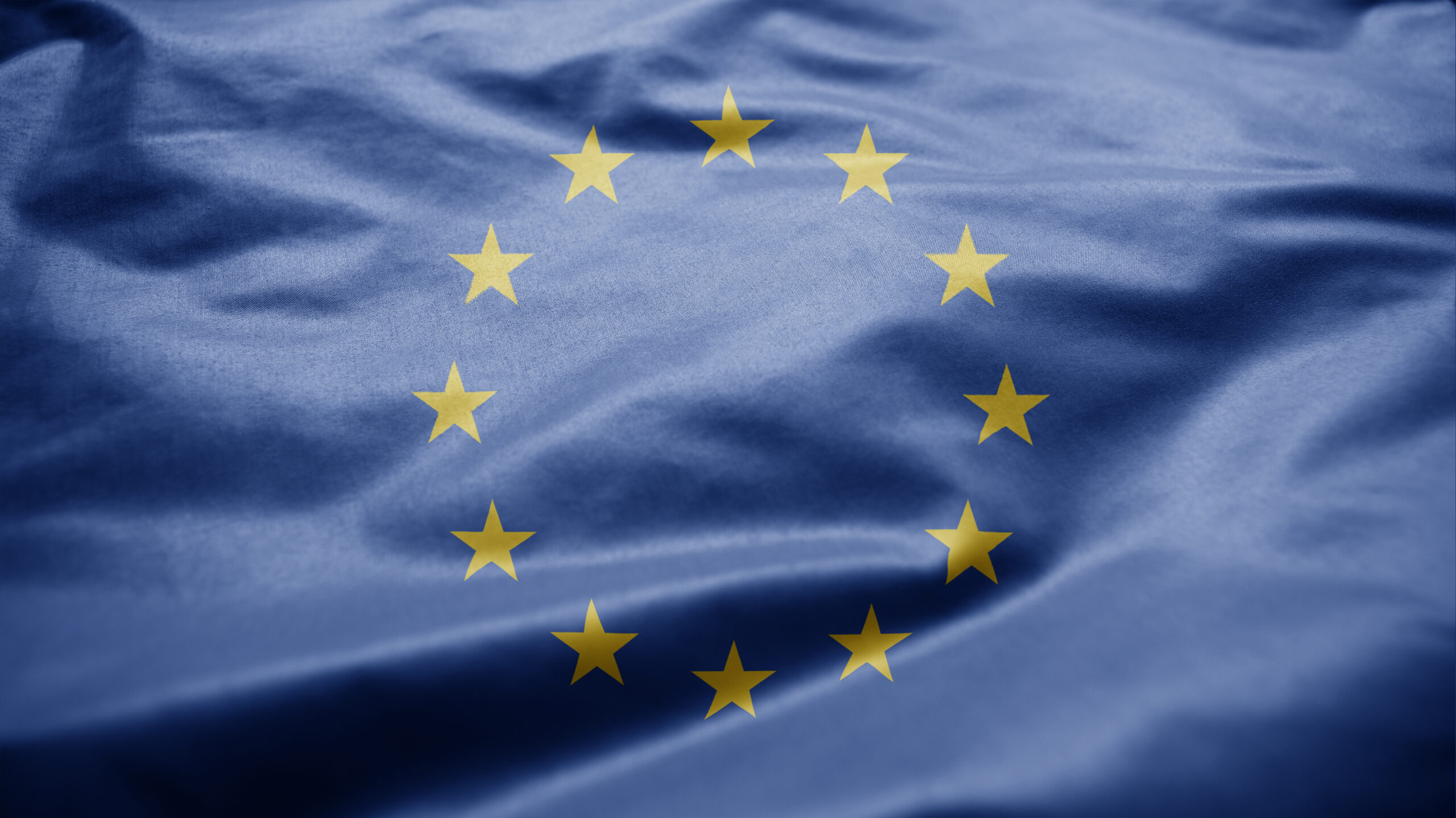Showing results for come2024 xped casino promo code malaysia

New Report on Limits of “Consent” in Australia’s Data Protection Law
[…] Legislation Amendment (Enhancing Online Privacy and Other Measures) Bill 2021” (Online Privacy Bill) which, if passed, would complement the Privacy Act by introducing a binding online privacy code with which social media and other online platforms would have to comply, or face legal penalties. The status of the Online Privacy Bill is currently uncertain […]

California Age-Appropriate Design Code Aims to Address Growing Concern About Children’s Online Privacy and Safety
[…] graduate of USC Gould School of Law and a Student Contractor with FPF’s Youth and Education Privacy team. On May 26, 2022, AB-2273, the California Age-Appropriate Design Code Act (ADCA) unanimously passed the California Assembly and moved to the Senate for consideration. California Assembly Members Buffy Wicks (D-Oakland) and Jordan Cunningham (R-Templeton) proposed AB-2273, […]

New Report on Limits of “Consent” in New Zealand’s Data Protection Law
[…] the Act. The Act also empowers the Commissioner to, firstly, investigate complaints regarding entities’ privacy practices, resolve disputes, and issue binding compliance notices, and secondly, issue binding codes of practice in relation to specific sectors or classes of personal information. In 2012, New Zealand also became one of the few jurisdictions in APAC that […]

New Report on Limits of “Consent” in China’s Data Protection Law – First in a Series for Joint Project with Asian Business Law Institute
[…] Republic of China. Over the coming weeks, FPF and ABLI will continue publishing these reports, which will inform a forthcoming comparative review paper with detailed recommendations to promote legal convergence around requirements for processing personal data in the Asia Pacific region. Background on the ABLI/FPF Project In August 2021, ABLI and FPF concluded a […]

When is a Biometric No Longer a Biometric?
[…] No. 16 C 10984 (N.D. Ill. Sep. 15, 2017); In re Facebook Biometric Info. Privacy Litig., 185 F. Supp. 3d 1155 (N.D. Cal. 2016). Washington Wash. Rev. Code Ann. §19.375.020 “Biometric identifier” means data generated by automatic measurements of an individual’s biological characteristics, such as a fingerprint, voiceprint, eye retinas, irises, or other unique […]

Diverging fining policies of European DPAs: is there room for coherent enforcement of the GDPR?
[…] regulator may reduce the fine. Additionally, the ICO is bound by national law to assess the fine’s broader economic impact, as it must consider the desirability of promoting economic growth. Thus, before issuing a fine and when deciding on its amount, it will consider its economic impact on the wider sector where the infringer […]

BCI Commercial and Government Use: Gaming, Education, Employment, and More
This post is the third in a four-part series on Brain-Computer Interfaces (BCIs), providing an overview of the technology, use cases, privacy risks, and proposed recommendations for promoting privacy and mitigating risks associated with BCIs. Click here for FPF and IBM’s full report: Privacy and the Connected Mind. In case you missed them, read […]

Understanding why the first pieces fell in the transatlantic transfers domino
[…] a common approach of DPAs on this issue: “it is essential that European regulators have a common interpretation of the rules”, since data protection law “intends to promote the internal market”. In the end, the DPAs are applying findings from a judgment made by the CJEU, which has ultimate authority in the interpretation of […]

5 Tips for Protecting Your Privacy Online
[…] and then shared or sold to another. While data collection can offer benefits to both you and businesses – like connecting with friends, getting directions, or sales promotions – it can also be used in ways that are intrusive – unless you take control. There are many ways you can protect your personal data […]

Five Burning Questions (and Zero Predictions) for the U.S. State Privacy Landscape in 2022
Entering 2022, the United States remains one of the only major economic powers that lacks a comprehensive, national framework governing the collection and use of consumer data throughout the economy. An ongoing impasse in federal efforts to advance privacy legislation has created a vacuum that state lawmakers, seeking to secure privacy rights and protections for […]
